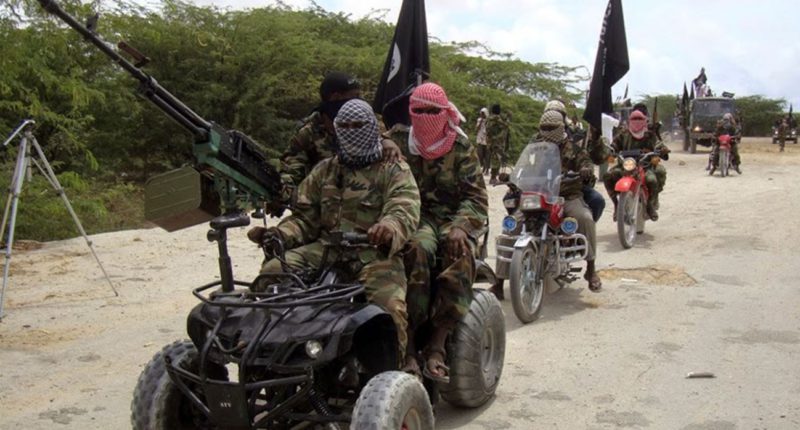Bandits or terrorists (as named by the Nigerian government) have been the chief masterminds of crime and violence in the Northern region of Nigeria. These heavily armed groups of outlaws have terrorized towns, cities and villages, killing, kidnapping, displacing families from their homes and taunting the Nigerian government with their continuous actions.
The violence which started as a local conflict between herders and farmers has aggravated into more daring attacks. In the last few months terrorists (Boko Haram & ISWAP) have orchestrated attacks on a moving train along the Abuja-Kaduna rail line and a high-profile correctional center which saw the release of over 600 terrorists, opened fire on Christian worshippers in Owo, engaged the Nigerian Army Presidential Guard Brigade in a shootout, attacked an advance convoy of the country’s president, amongst many.
The worsening security crisis in the country which began in 2011 has resulted in the death of at least 12,000 people and the displacement of over 450,000 people despite the over N1 trillion budgets of the country’s military since 2019-till date. Also, this violence perpetrated by terrorists has not just claimed the lives of these residents but also destroyed their properties in farmlands and livestocks.
The economy of banditry
According to the Ministry of Internal Security and Home Affairs, Kaduna State, bandits have created multiple streams of income through kidnapping of school children, residents and travellers, imposing taxes on farmers and miners, leasing of weapons to other terrorist groups, etc.
- A senior Counsellor in Kaduna State stated that bandits generated about N300 million from imposing taxes on farmers while the Punch newspaper stated that ransoms paid to the non-state actors amounted to N13,662,500,000 between June 2011 and July 11, 2022.
- Other individuals and groups have paid undisclosed fees for the release of victims of these crimes.
Expenditures
Again, according to the Ministry of Internal Security and Home Affairs, Kaduna State, the terrorists spend their income on the purchase of arms and weapons, daily amenities (food and water), logistics, medical assistance, establishment of legal businesses, repatriation to supposed spiritual supports, etc.
The big picture
One of the many reasons for the rise in insecurity, especially in the northern region of the country, is poverty. For context, a few days ago, the National Bureau of Statistics (NBS) reported that 63 percent or 133 million Nigerians out of the country’s over 218 million people were victims of multidimensional poverty. The report showed that children make up more than half of the poor people in the country.
The NBS report pointed out that the Northern region of Nigeria alone accounted for 65 percent or 86 million poor Nigerians with Sokoto, Bayelsa, Jigawa, Kebbi, Gombe, and Yobe as the poorest states in the country. On the flip side, the southern region of Nigeria accounts for the remaining 35 percent or 47 million people living in poverty.

